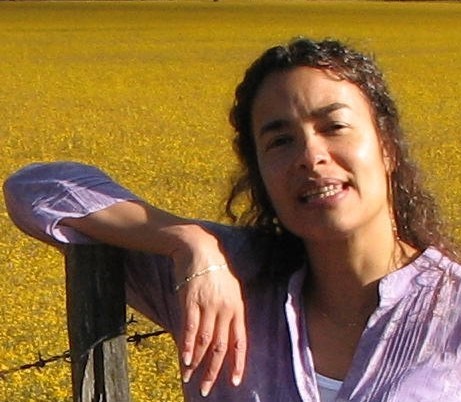

When a new highway is built—who does it benefit? Which communities are connected, and which communities are broken apart? Whose properties and which groups of people are valued? How has the development of transportation and land deepened inequities in our country? What steps can we take now to shape a different future? Join us for a discussion on the social, cultural and economic impact of infrastructure development in diverse communities.
[gdlr_button href=”https://us02web.zoom.us/meeting/register/tZMudO6vpzgrHtMwpF-kyN6QRzhvV4q8UnEu” target=”_self” size=”medium” background=”#000000″ color=”#ae4527“]Register Here[/gdlr_button]
This program is cohosted by Town of Camp Verde Community Library.
Please be advised that we do not record FT programs. We ask that all participants respect this rule. You participate at your own risk, and agree to hold harmless Arizona Humanities and the State Library.
ABOUT THE SPEAKER:
Michia Casebier works to dismantle toxic injustice by providing training on America’s inequitable history of transportation planning and infrastructure development, effective policy development, and the passage of legislation in support of marginalized Americans. She serves as a Planning Committee member for both the National Tribal Transportation in Indian Country Conference and the Arizona Tribal Traffic and Safety and Injury Prevention Summit. With her background as a Bureau of Indian Affairs’ Education Specialist, kindergarten, and second grade teacher, Casebier also assists the National Rural Transit Assistance Program with enhancement/delivery of their national tribal and rural transit training curriculum. Michia has been a guest on Inside Cottonwood and Democratic Perspective, and has spoken in Creel, Mexico as well as at conferences and events across the United States.